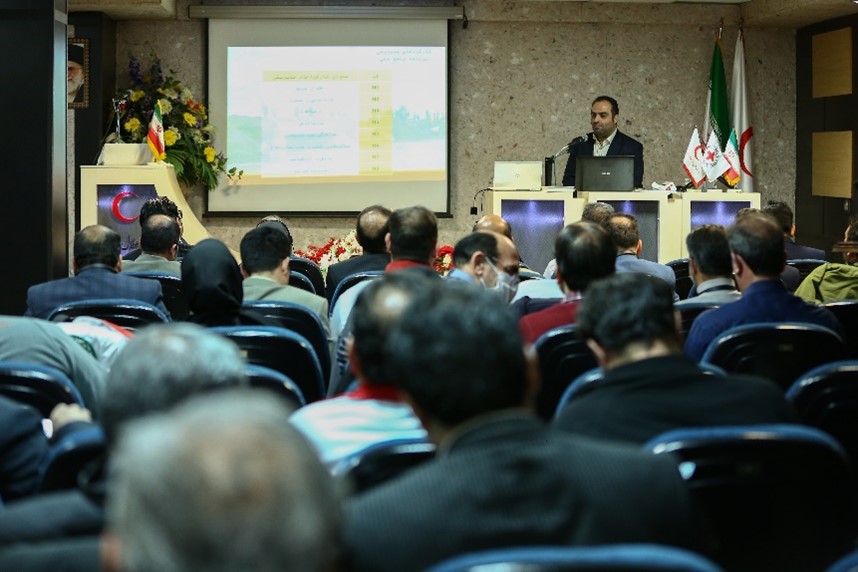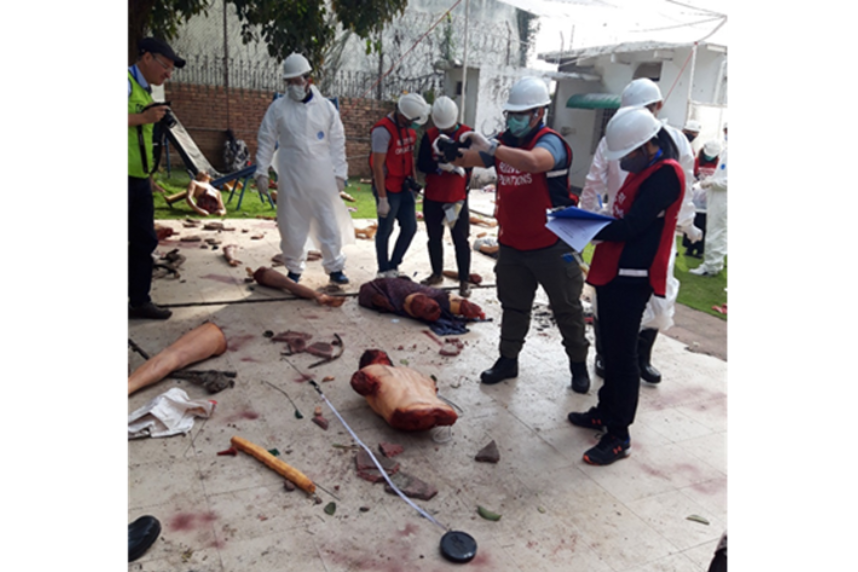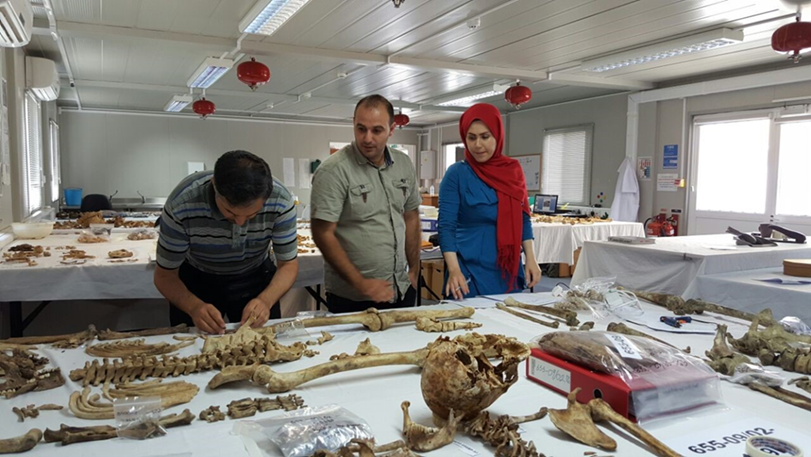The ICRC in Tehran began its support of the identification process of human remains from the Iraq-Iran war in 2005. This support initially began with a series of assessments in the year 2006 and 2007. As a result of the assessments, a capacity-building initiative on forensic Human Identification was carried out for members of the recovery and identification process in 2008. In addition, support for DNA equipment was signed in January 2009 for both the Kawsar Human Genetic Research Center and the Iranian Legal Medicine Organization(LMO) to ensure that the scientific identification of human remains from the war could be achieved to establish accurate identities and be returned to families of the missing martyrs. As part of the objectives of resolving cases of missing soldiers from the Iraq-Iran war, the ICRC forensic services continue to date to support the technical capacities of forensic capacities where relevant and required according to its forensic humanitarian action mandate.
The Humanitarian Forensic Action in Iran aims to strengthen the medico-legal system and forensic institutions, in charge of providing services to the affected populations because of conflicts, migration, and emergencies in compliance with internationally accepted standards.
The forensic section of ICRC Iran works closely with LMO, Noor Institute, Kawsar, and National Disaster Management Organization (NDMO) in:
- Supporting the technical capacities of forensic institutions, organizing and hosting workshops, roundtables, working groups, Conferences, and Symposiums with key stakeholders; LMO, Noor Institute, and Kawsar Institute.
- Assisting the tripartite mechanism (the Islamic Republic of Iran, Republic of Iraq, ICRC) for resolving cases of missing soldiers from the Iraq-Iran war providing technical and material support/donations.
- Facilitating networking events between national institutions (Search and Recovery Committee, Noor, Ministry of Foreign Affairs) and a worldwide community of experts (Equipo Argentino de Antropologia Forense, Committee of Missing Persons in Cyprus) for the exchange of methodologies, experiences, lessons learned, strategic and/or practical approaches on the search and identification of missing and deceased persons because of conflicts, emergencies, and migration.
- Promoting the right to the dignified management of the deceased at all times, including during emergencies with key stakeholders (IRCS, NDMO, LMO)

Forensic workshop in Management of the Dead in Emergencies, Tehran, 2023

Iranian experts participated in International workshop on the Management of the Dead, Pakistan, 2020

International Workshop on Mechanism for Missing Persons: Clarifying the fate and Supporting Families Participants with the participation of Iranian representatives, Cyprus, 2019

